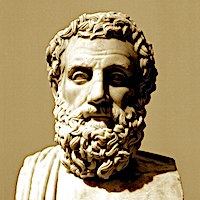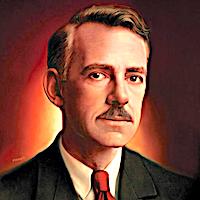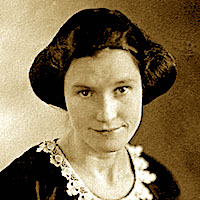

Tao Te Ching

Aeschylus Αἰσχύλος
525 – 455 BCE
The Father of Tragedy
Although Aeschylus was the first to present plays as trilogies, the initiator of many theatrical innovations, and the “father of tragedy;” his Greek epitaph didn’t mention his plays, only his military roles. Although not fully acknowledged in ancient Greece, his influence has seeped through history and into the present as an inspiration for Wagner, Milton, the Romantics, Eugene O’Neill, and Robert F. Kennedy who claimed him as his favorite poet who he quoted in a speech to African Americans after Martin Luther King’s assassination. This same quote—“to tame the savageness of man and make gentle the life of this world”— became inscribed on Kennedy’s memorial after his own assassination. Aeschylus’ costumes and performances were so vivid that they were said to cause children to faint, men to urinate in their robes, and pregnant women to go into laboEras
Western
Egyptian Civilization (3150 – 305 BCE)Greek Civilization (480 – 146 BCE)
The Axial Age, “The Great Leap of Being” (800 – 200 BCE)
Chinese
Eastern Zhou 東周 (770 – 256 BCE)Spring and Autumn period 春秋时代 (770 – 476 BCE)
Warring States period 春秋时代 (476 – 221 BCE)
Unlisted Sources
Agamemnon
Prometheus Bound 478 BCE
Prometheus Bound 478 BCE, Eumenides 458 BCE
Prometheus Vinctus
Quotes by Aeschylus (12 quotes)
“Even in our sleep, pain which cannot forget falls drop by drop upon the heart, until in our own despair, against our will, comes wisdom through the awful grace of God.”
Comments: Click to comment
“It is a profitable thing, if one is wise, to seem foolish.”
Comments: Click to comment
“There is no pain so great as the memory of joy in present grief.”
Comments: Click to comment
“Many value appearances more than reality—thus they violate what’s right.”
Comments: Click to comment
“Many value appearances more than reality—thus they violate what’s right.”
Comments: Click to comment
“In our sleep, pain which cannot forget falls drop by drop upon the heart until, in our own despair, against our will, comes wisdom through the awful grace of God.”
from Agamemnon
Comments: Click to comment
“Time in its aging course teaches all things, overtakes all things alike, and brings all things to pass.”
from Prometheus Bound 478 BCE, Eumenides 458 BCE
Comments: Click to comment
“To make wail and lament for one's ill fortune, when one will win a tear from the audience, is well worthwhile.”
from Prometheus Bound 478 BCE
Comments: Click to comment
“The force of necessity is irresistible.”
from Prometheus Vinctus
Comments: Click to comment
Quotes about Aeschylus (2 quotes)

“Aeschylus so changed the system of the tragic stage that he has more claim than anyone else to be regarded as the founder (Father) of Tragedy.”
Comments: Click to comment

“He was, first and last, the born fighter, to whom the consciousness of being matched against a great adversary suffices, and who can dispense with success. Life for him was an adventure, perilous indeed, but men are not made for safe havens. The fullness of life is in the hazards of life. And, at the worst, there is that in us which can turn defeat into victory.”
Comments: Click to comment
Comments (0)